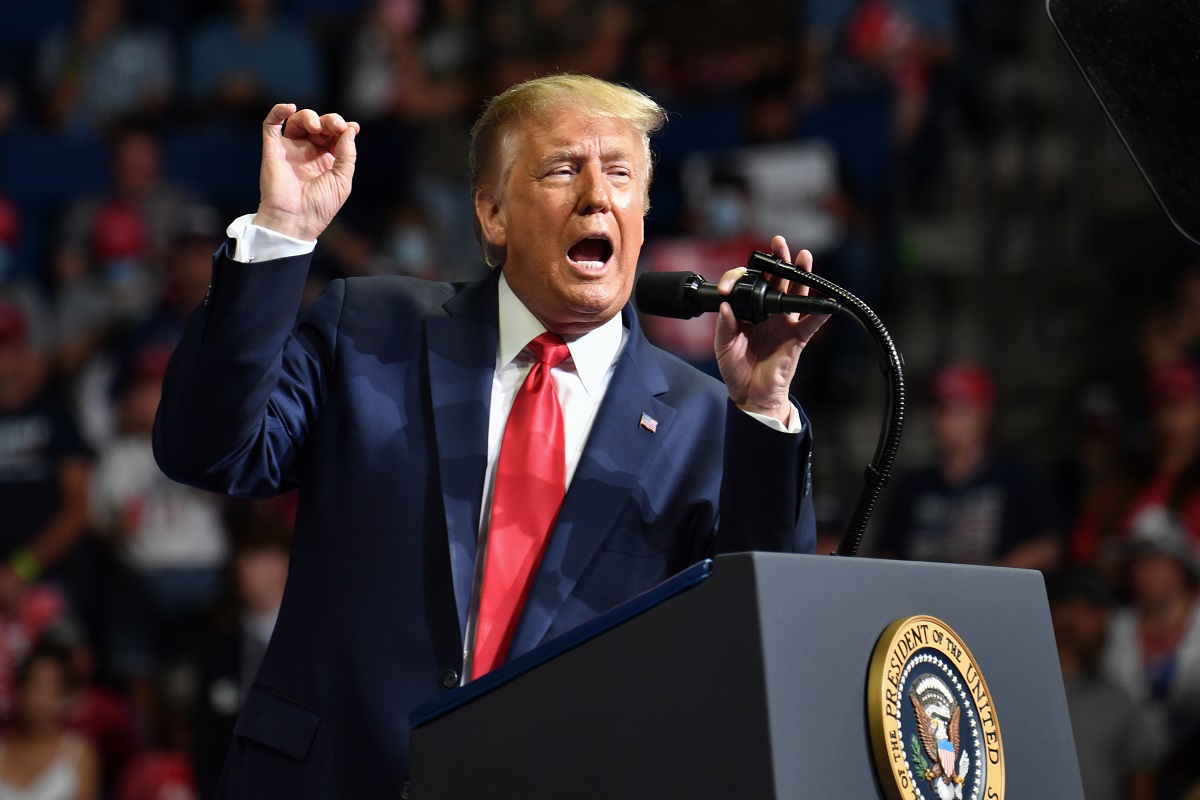At the peak of the coronavirus pandemic ~ or is this really the peak? ~ the world’s most acutely afflicted nation has withdrawn from the UN entity dedicated to the health of the world. Intrinsically, this is geopolitical irony if ever there was one. Donald Trump’s hitherto carping criticism of and reduction of funding to the World Health Organization has fructified with his decision on Wednesday to pull out of WHO.
The action is as much against the international entity as it is against the People’s Republic of China. As was only to be expected, China has promptly advanced a spirited defence of WHO, clothed with vehement criticism of the White House move. The resultant diplomatic fallout might fester for some time yet and in parallel to the ballooning afflictions and deaths.
Advertisement
The move is another demonstration of the United States pursuing unilateralism in diplomacy, withdrawing from groups and breaking contracts. No one denies that WHO’s equation with China in the wake of the calamity in Wuhan has not been above board. Not wholly unrelated is its constitution of an international panel on Thursday to review its handling of Covid-19.
Yet the US move can be placed in a different category altogether. It is another demonstration of the country pursuing unilateralism. More accurately, this is integral to the praxis of Mr Trump’s foreign policy. WHO has been described as “the most authoritative and professional international institution in the field of global public health security,” by China’s foreign ministry spokesman, Zhao Lijian.
But this ringing endorsement may well be a consequence of WHO’s decision to send a team to China to investigate the source of the virus, which was first detected in the central city of Wuhan last year. China has said it remains unclear where the virus originated and has rejected an independent probe, but reiterated this week that it is working closely with WHO and will “continue to support scientists from all countries to carry out global scientific research on the source and spread of viruses.”
The rejection of the demand for an independent probe in a sense buttresses President Trump’s harsh criticism that WHO and China are joined at the hip in their response to the coronavirus pandemic. Trump said in a White House announcement that Chinese officials “ignored” their reporting obligations to WHO and persuaded the organization to mislead the public about an outbreak that has now killed more than 130,000 Americans.
The Trump administration formally notified the UN on Monday of its withdrawal from WHO, although the pullout won’t take effect until 6 July 2021. Which would suggest that it could be reversed by a new administration or if circumstances change. America’s exit will most particularly affect the developing countries and the ones that are chronically in the cusp of poverty, notably sub-Saharan Africa.









